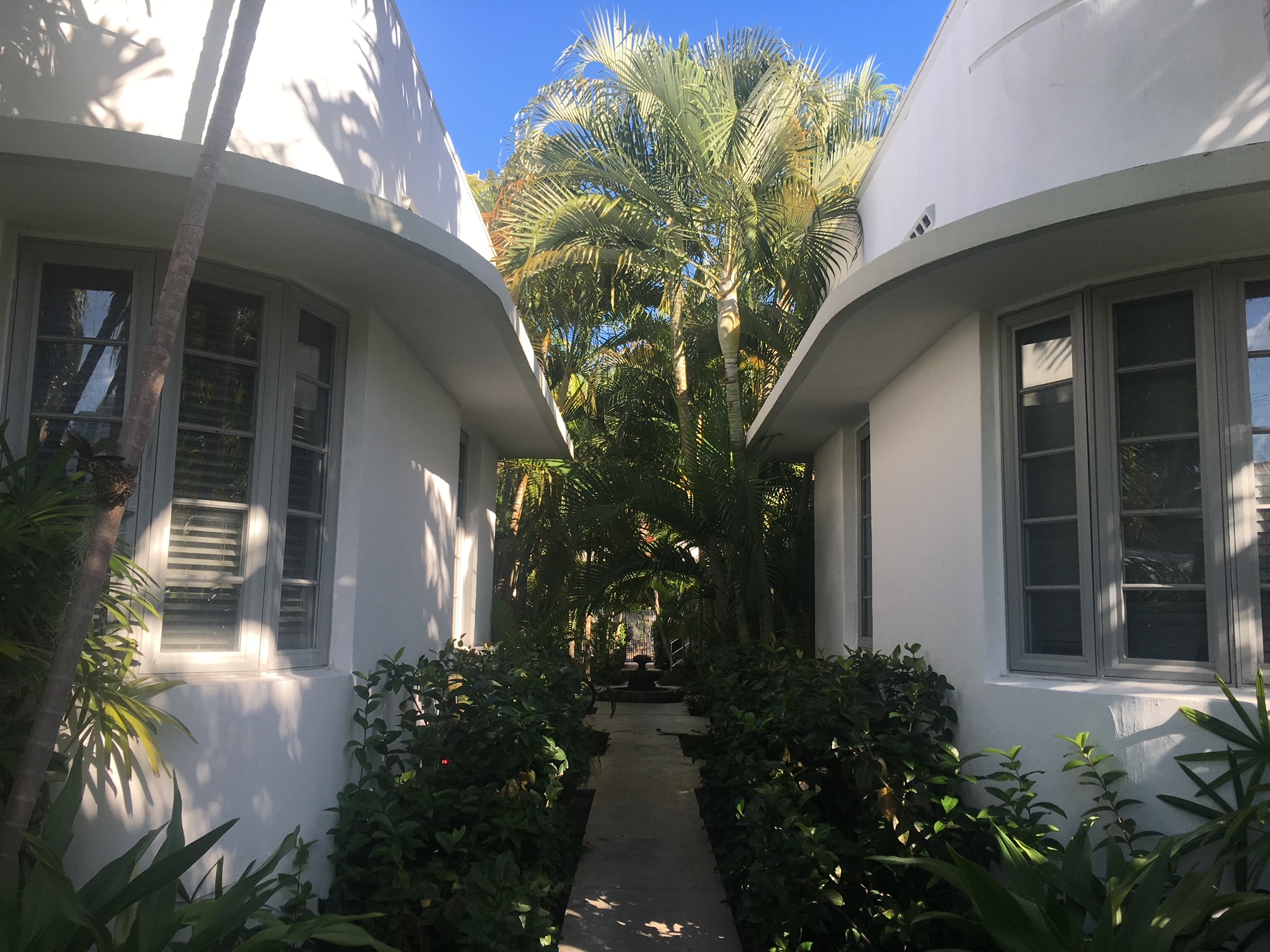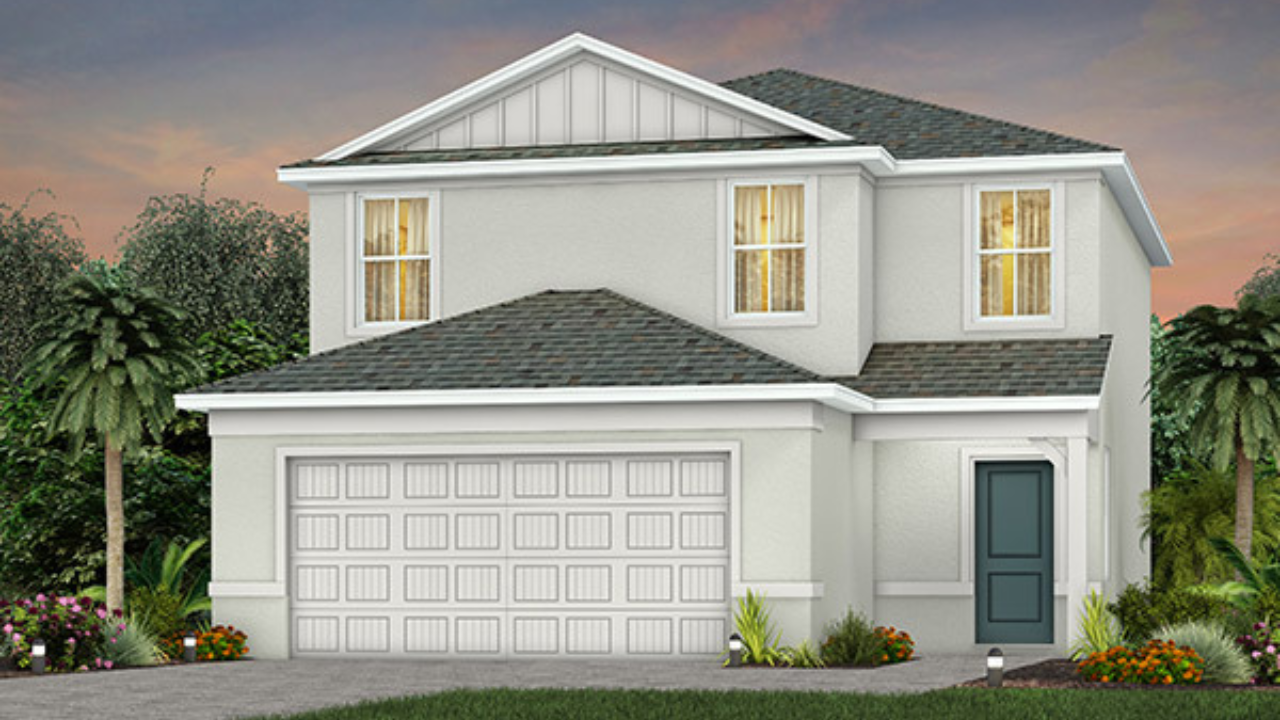A Casa Collection blog post references an interactive digital map from The Washington Post showing the percentage of all-cash deals for residential properties, county by county, across the U.S. “Rising interest rates, soaring home prices and decreasing inventory aren’t the only things making it difficult to buy a home these days,” the Post reports in the accompanying article.
“Last year, nearly a third of U.S. homes were purchased with cash, according to data provided by the realty company Redfin. That’s an 8 percent increase from 2021, continuing a trend that started during the pandemic. The share of homes bought with cash is now at levels not seen since 2014, when the housing market was on the rebound after the foreclosure crisis and the Great Recession.”
First-time homebuyers, especially younger and nonwhite hopefuls, are getting increasingly shut out, the article notes: “The rise of all-cash buys comes at a time when the average home buyer is increasingly likely to be White, wealthy and older and the proportion of first-time buyers is at its lowest in more than 40 years.”
Now, for the Miami metro area: Cash is king, which should be no surprise to locals, who are constantly hearing about wealthy transplants from New York, Chicago and California snapping up coveted real estate for cash. Nor should it be a surprise that Miami’s homebuyers are skewing wealthy, since the second-home market has long thrived here, whether the vacation home buyers are from Manhattan or Latin America. “Only the wealthy are essentially buying homes,” says Lawrence Yun, chief economist at National Association of Realtors, who is quoted in the Post piece.
In South Beach and other prime neighborhoods, cash deals exceed 50%. In ZIP code 33139—South Beach—56% of deals are cash. Mid-Beach is at 62%. The ZIP code that encompasses Surfside and Bay Harbor Islands? 68% cash deals. On the mainland, cash deals hold nearly as much sway. Brickell’s cluster of ZIP codes either approach or exceed 50% cash deals, and it’s the same story in Miami’s other coveted neighborhoods, including Coral Gables.
But with inflation slowing and a threat of recession somewhat less likely than was feared last year, cash deals may have already hit their peak as mortgage rates become more attractive. In January, Marco Tiné, principal of Casa Collection Realty, predicted that mortgage rates would decline, and sure enough, the average 30-year fixed mortgage rate fell that month to 6.63%, from 6.81%.
But the big news was in February, when rates on a 30-year fixed mortgage dropped below 6%. That obviously raised eyebrows.
“As a result of that drop, prospective buyers are watching rates like tigers ready to pounce,” Tiné says. “It’s time to get off the sidelines. Now is the moment to get prequalified with a lender so you’ll have all your ducks in a row when you find the home you want. Does Miami have the kind of market where cash deals will always be popular? Of course. But we’re also seeing hopeful mortgagees catching at least a bit of a break.”














